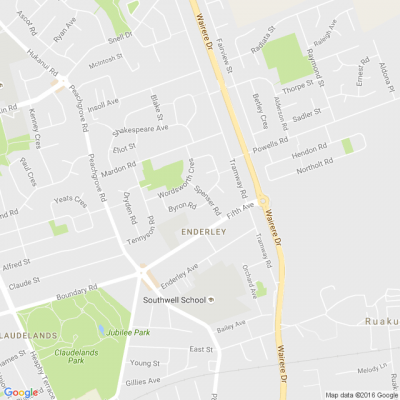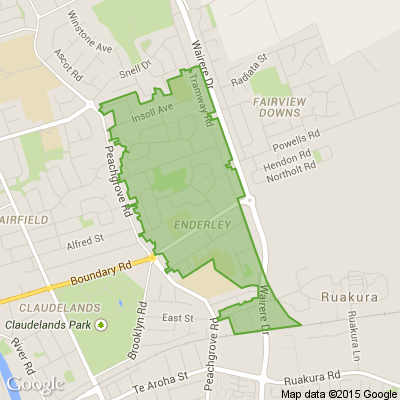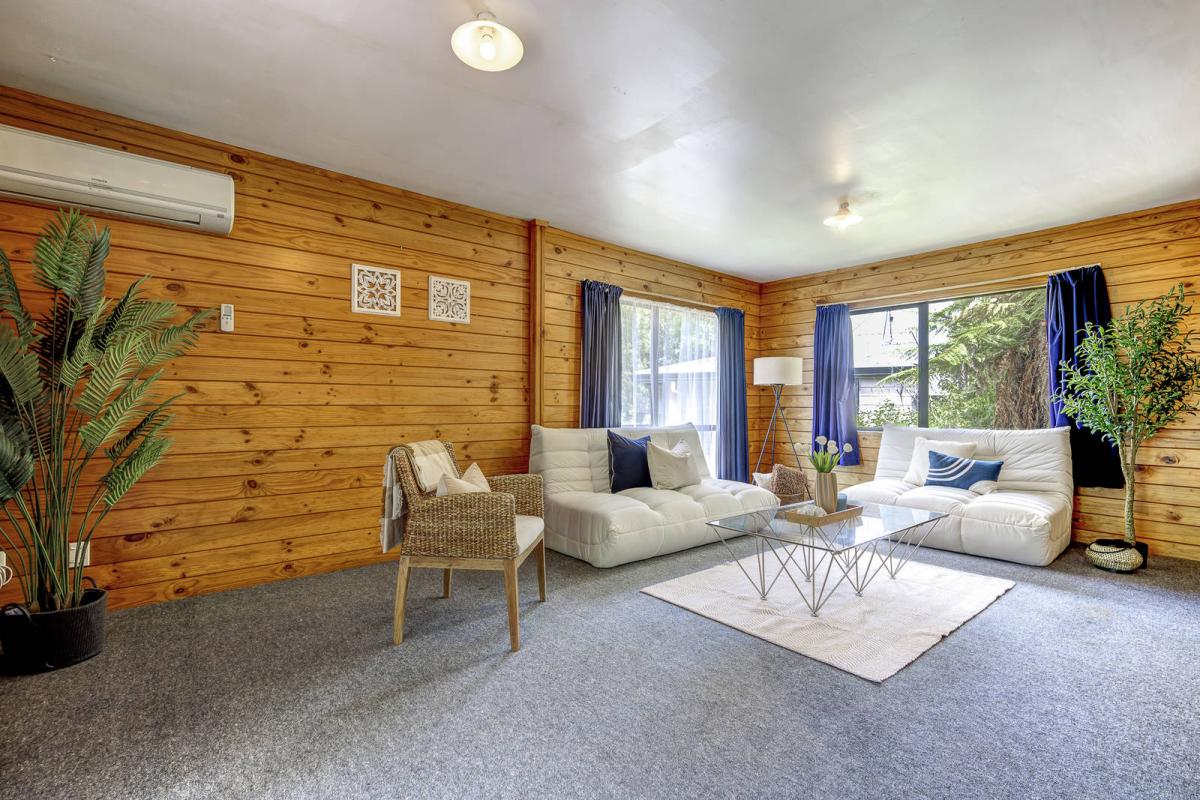The Benefits of Linen
Linen is most loved for its diversity, from a rustic and neutral look to soft and refined. It is often found in homes on upholstered and loose covered furniture, curtains, cushions, bedding and clothing. But did you know the benefits of linen run right down to the fibres?
How is Linen made?
Linen is an amazing natural fabric made from flax fibres and this process has been used to make linen for almost 6,000 years.
The plants are first removed from the ground by cutting or pulling and then the seeds are extracted though a process called winnowing or ripping. To separate the fibres from the flax plant itself, a natural process takes place called “retting” that utilizes bacteria to decompose the pectin that binds the fibre together.
Once the long fibres are removed they are brushed out into long strands that can then be spun into yarn and eventually woven into linen material.
The best part about this process is that it’s practically zero-waste. Anything that will not be used in the fabric manufacturing, such as the woody stalks of the flax plant and the roots, compost back into the soil and the seeds used to make linseed oil.
Benefits of Linen
Linen is Sustainable and Environmentally Friendly: Linen is a sustainable, natural fibre growing without the use of pesticides, fertilizers and additional watering. This also makes it a renewable resource, plus being a natural fibre it’s also biodegradable.
Producing linen has a smaller environmental impact than cotton, mainly as it needs little to no water consumption to grow. Also, as mentioned above, the production of linen is rarely wasteful.
Keep reading: www.curtainclean.co.nz...

Craigs Workplace Giving for Christmas in Waikato focused on front line
It has been a delight for us to again coordinate the annual Christmas-time Workplace Giving by Craigs Investment Partners' Hamilton branch.
We've now passed on $13,100 in grants of various sizes from Craigs and its staff to the five Waikato community organisations they have chosen this year, namely Cambridge Lifeskills, Cambridge Tree Trust, Hamilton Land Search & Rescue, Paws 4 Life (who provided the photo below) and Waikato Women's Refuge - Te Whakaruruhau.
Quinton de Bruin, Investment Adviser at Craigs says: “We’re really proud of our Workplace Giving program here at Craigs.”
“Employees opt in to donate from their monthly pay cheque, building up funds over the year which we then donate to charities in need at Christmas time.
“Craigs also matches employee donations dollar for dollar, up to $500 per person per annum, so it’s a great way to be able to make a meaningful impact in our local community,” says Quinton.
We say well played Craigs Investment Partners!

Poll: Would you ever buy a total doer upper?
Housing stock is starting to move on the Coromandel Peninsula, including a dilapidated place one block back from Whitianga's Buffalo Beach that sold to a Hamilton bargain hunter for $500,000.
Real estate companies are starting to see more deals go, however, prices have stabilised with high supply levels still outstripping demand.
Would you ever buy a total doer upper? Tell us your reasons in the comments (adding NFP if you don't want your words used in print).

-
0% Yes
-
40% Maybe
-
60% No
Poll: Should all neighbours have to contribute to improvements?
An Auckland court has ruled a woman doesn’t have to contribute towards the cost of fixing a driveway she shares with 10 neighbours.
When thinking about fences, driveways or tree felling, for example, do you think all neighbours should have to pay if the improvements directly benefit them?

-
81.9% Yes
-
15.3% No
-
2.7% Other - I'll share below






 Loading…
Loading…








